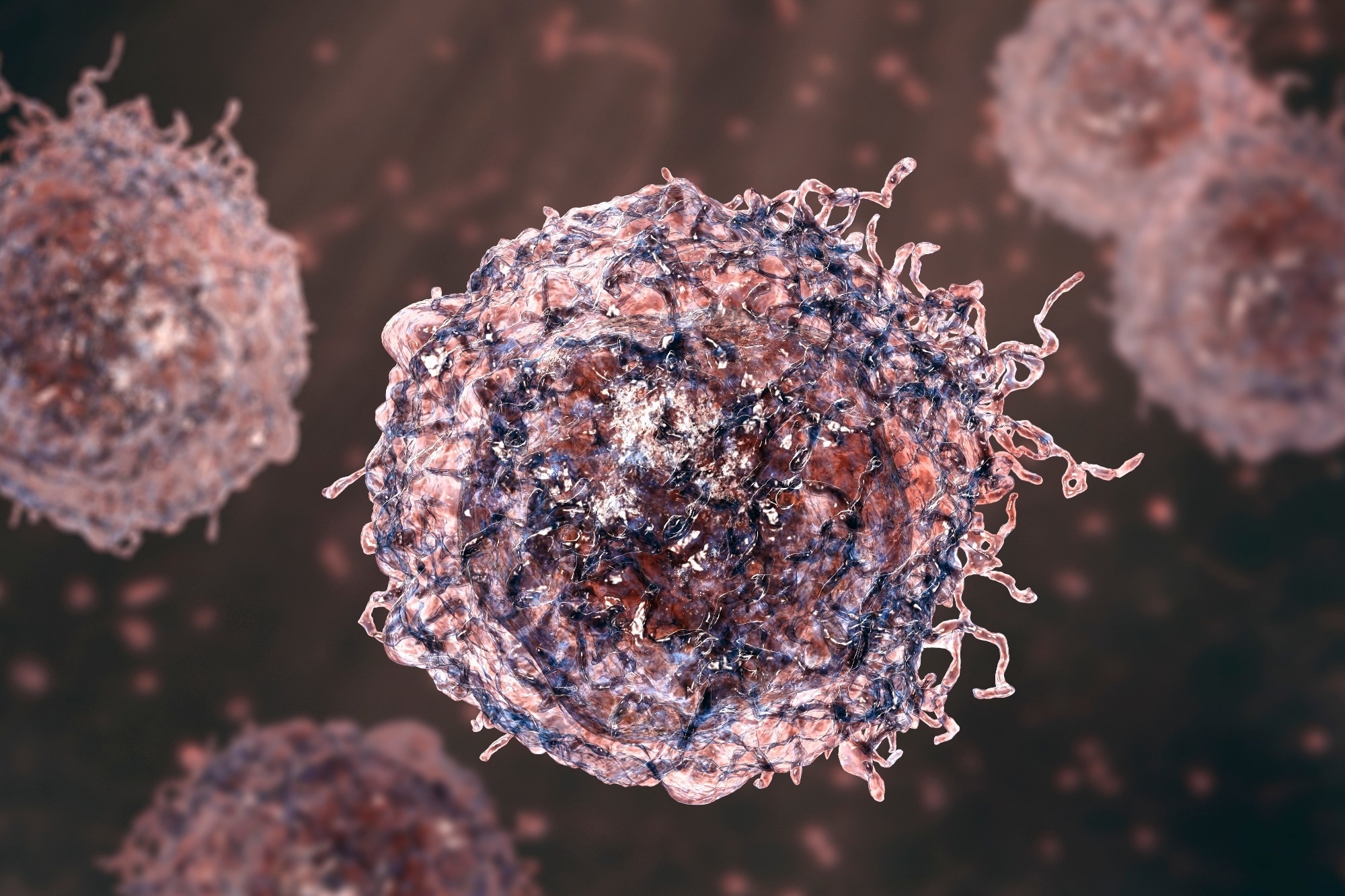In a recent clinical letter published by the Brazilian Society of Dermatology, researchers highlight the potential role of severe acute respiratory syndrome coronavirus 2 (SARS-CoV-2) infections in triggering the relapse of mycosis fungoides, a type of cutaneous T-cell lymphoma.
 Study: Recurrence of controlled mycosis fungoides after SARS-CoV-2 infection. Image Credit: Kateryna Kon/Shutterstock
Study: Recurrence of controlled mycosis fungoides after SARS-CoV-2 infection. Image Credit: Kateryna Kon/Shutterstock
Objectives
The authors aimed to discuss a report which described the recurrence of mycosis fungoides in a patient after contracting coronavirus disease 2019 (COVID-19). They described the symptoms and tests that confirmed COVID-19 and the recurrence of mycosis fungoides and discussed the potential viral mechanisms that could cause immune dysregulation in cutaneous T-cell lymphoma patients.
The report
The authors described the case of a 60-year-old female mycosis fungoides patient, whose cancer was controlled using ultraviolet A and 8-methoxypsoralen phototherapy, followed by narrow-band ultraviolet B therapy. She contracted a SARS-CoV-2 infection through household contact and developed a maculopapular rash.
Two weeks later, pruritis was observed in the areas with erythema, and the papules got desquamated and flattened. After two months, the papules on the limbs, abdomen, and trunk of the patient changed into parchment-like plaques.
SARS-CoV-2 was confirmed through a positive immunofluorescence test. The D-dimer values were elevated (1,876 ng/mL) and greatly above the positive cut-off (>500 ng/mL). Tests for T lymphotropic viruses showed non-reactive serologies, and the chest X-ray was normal.
Histopathology showed cellular atypia and lymphocytic exocytosis, and immunohistochemistry revealed a decrease in CD7 T lymphocytes and elevated CD4 T lymphocytes, indicative of stage IB cutaneous T-cell lymphomas.
Findings
The authors discussed the immunological dysregulation associated with SARS-CoV-2 infections that could potentially increase the risk of IB cutaneous T-cell lymphomas such as Sézary syndrome and mycosis fungoides. Although the environmental and infectious triggers of cutaneous T-cell lymphomas have not been well explored, pathogenesis theories for mycosis fungoides and Sézary syndrome include upregulation of T helper (Th) cell type 2 and decrease in Th1 cells, and the secretion of cytokines such as interferon α and interleukin-12.
COVID-19 has been associated with imbalanced production of cytokines, downregulation of regulatory T lymphocyte activity, and elevated serum levels of D-dimer and C-reactive protein. Furthermore, SARS-CoV-2 infections are believed to increase autoantibody production, exacerbating or triggering autoinflammatory and autoimmune diseases such as Kawasaki disease, Guillain-Barré syndrome, immune thrombocytopenic purpura, and possibly systemic sclerosis and lupus erythematosus.
While controlled cutaneous T-cell lymphomas are not inherently a risk factor for COVID-19, aggressive cutaneous T-cell lymphomas, immunosuppressive therapy to treat these lymphomas, advanced age of the patient, and lymphopenia can increase the risk of infection and severity of COVID-19.
Conclusions
To conclude, this letter brought to light a case of relapsed cutaneous T-cell lymphoma following a SARS-CoV-2 infection in a 60-year-old patient. The authors discussed the symptoms and immunological tests that confirmed COVID-19 and the recurrence of mycosis fungoides.
The letter mentioned the other autoimmune and autoinflammatory diseases that were known to have been triggered or exacerbated following COVID-19 in genetically predisposed individuals. The case highlighted the need to understand the immunogenetic dysregulation associated with SARS-CoV-2 infections to mitigate the potential recurrence of cutaneous T-cell lymphomas and other types of cancers in patients with controlled or indolent cancers.